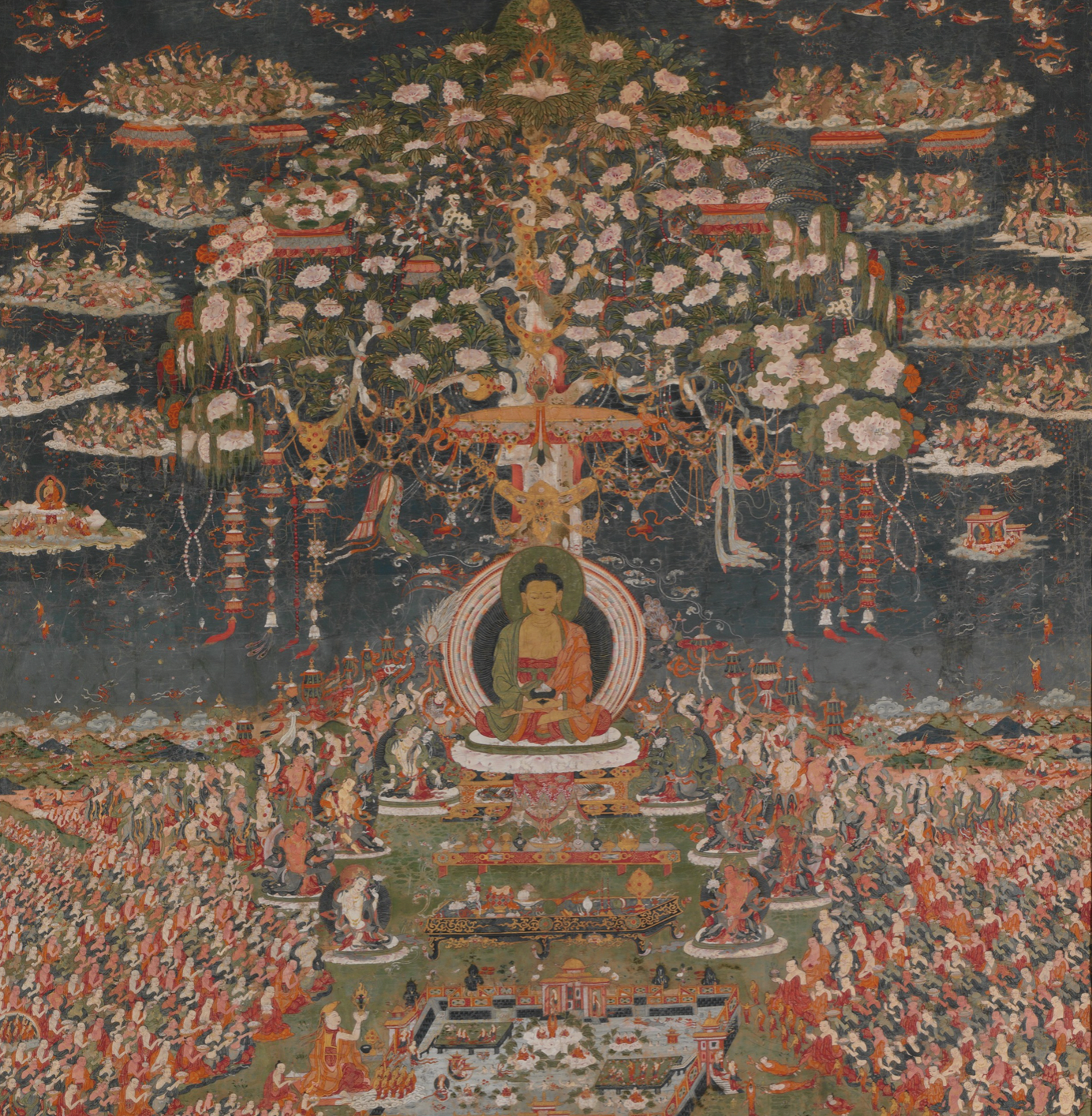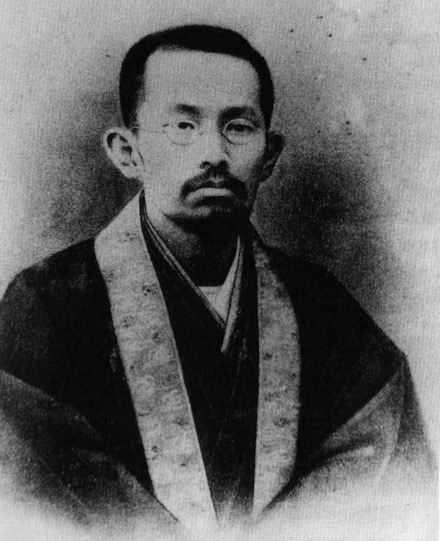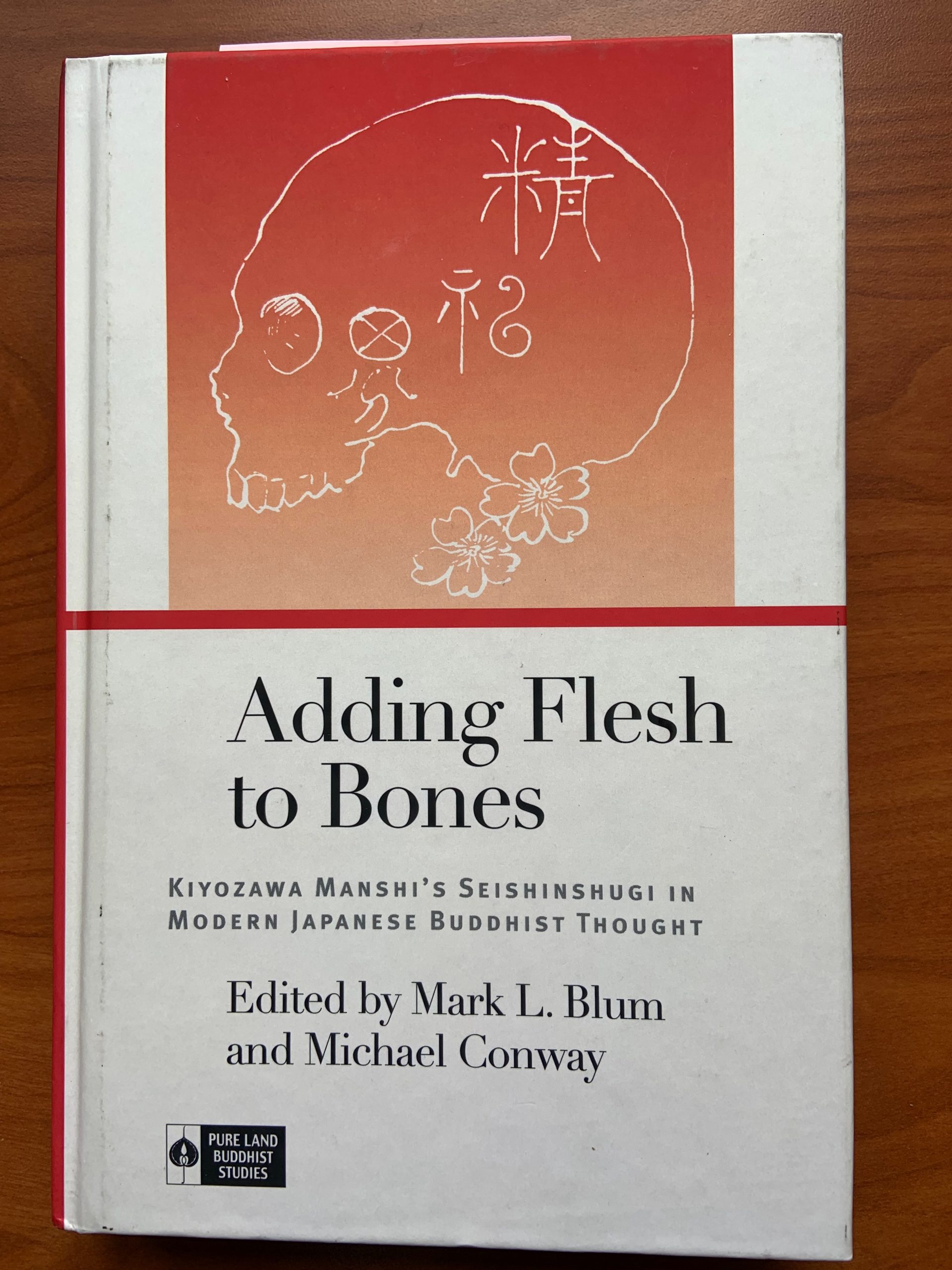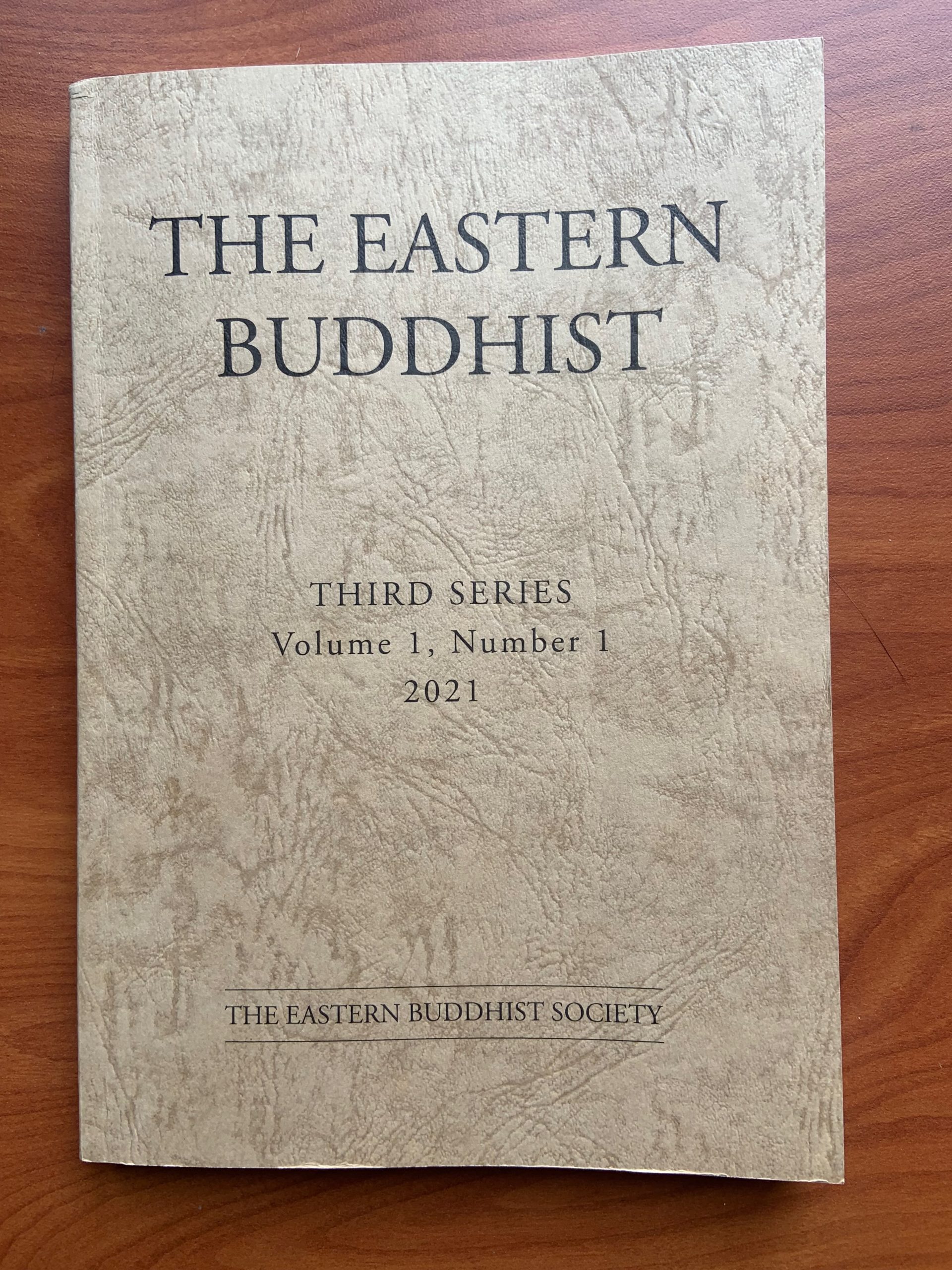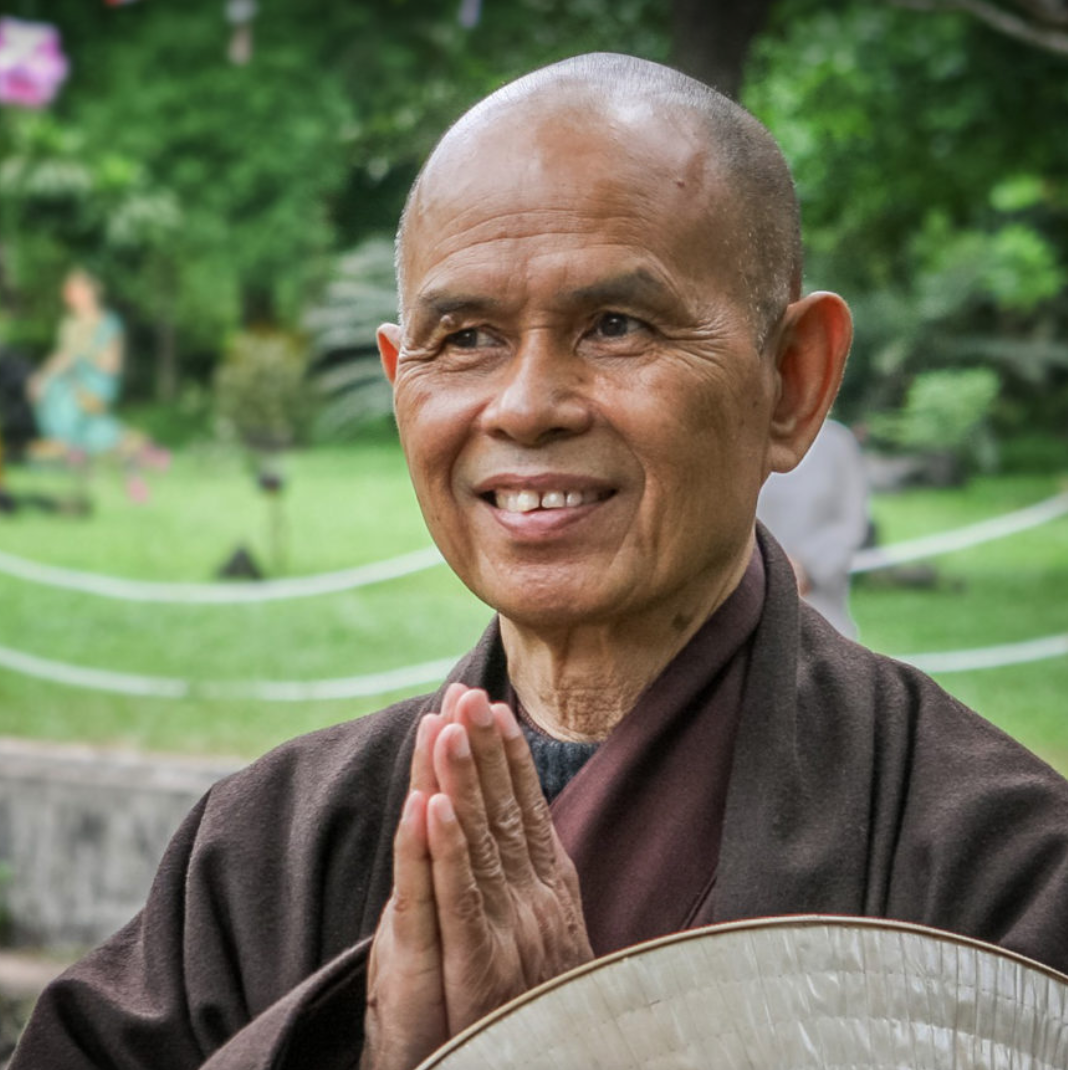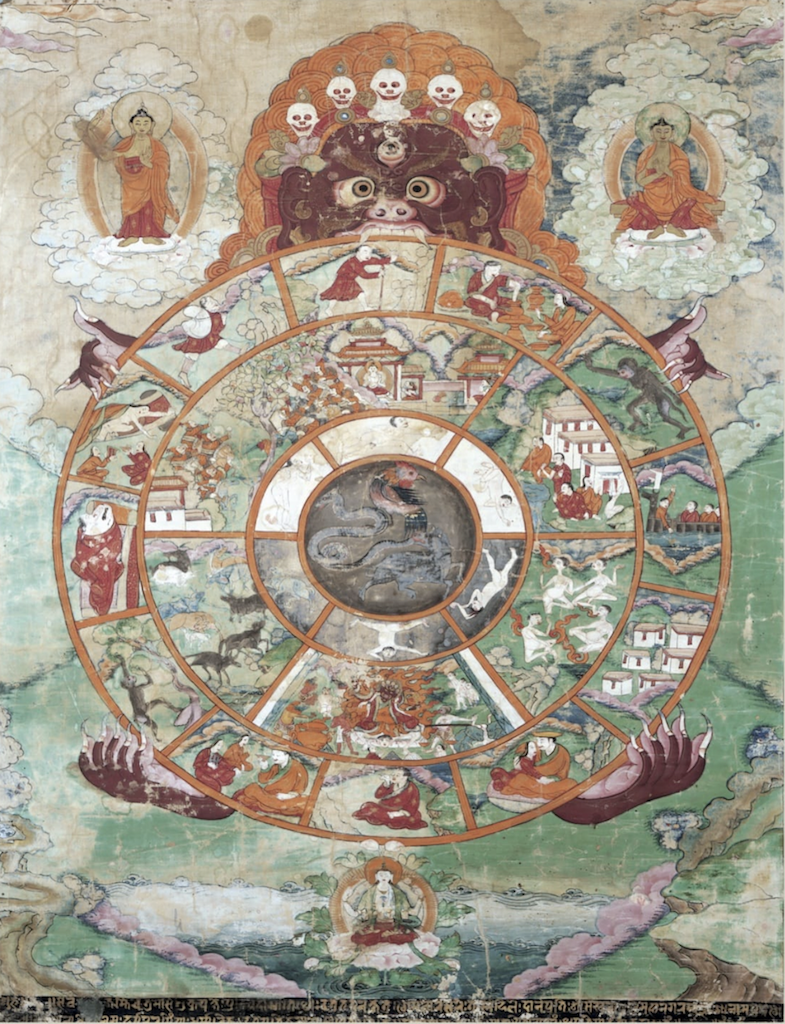
By Rev. Ken Yamada
In today’s social media world, image is everything. Becoming an influencer, garnering “likes” and followers, evoking vibes of “Cool,” “Young,” “Rebel,” “Rich,” “Happy.”
Is it really? Or just illusion? What makes such images appealing to us?
The Buddha contemplated this phenomenon more than two millennium ago and called it, “name and form” (Sanskrit: nāma-rūpa). In other words, our minds attach names to objects (and vice versa), giving what we see real existence. Consequently, desires arise, and along with them, passions. Continue reading “Delusion of Name and Form”


